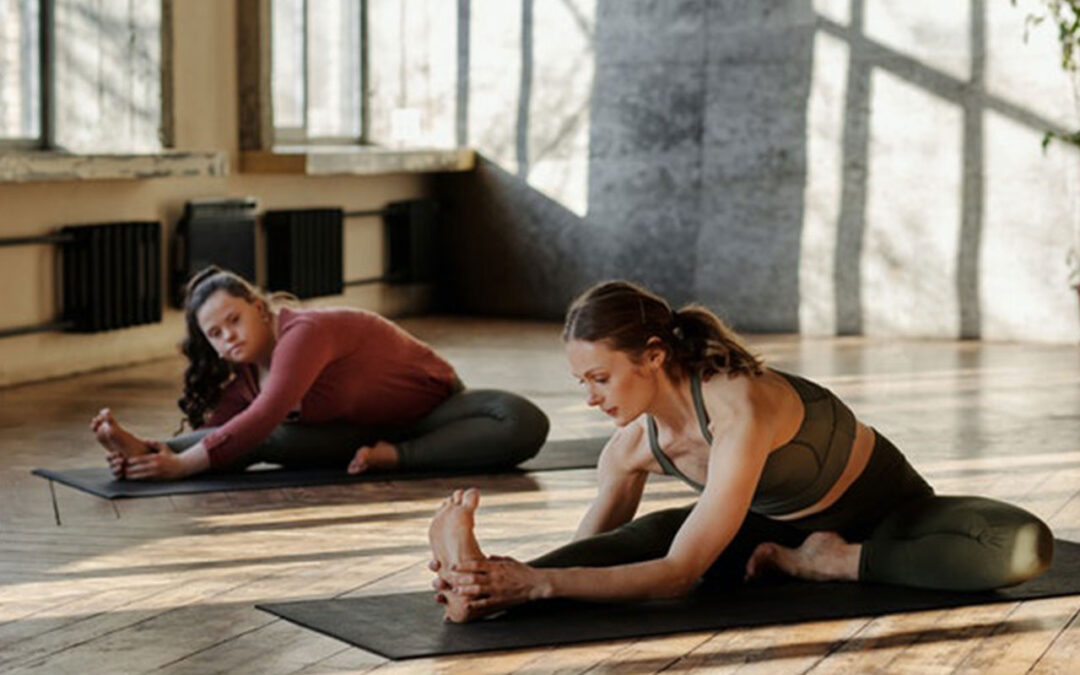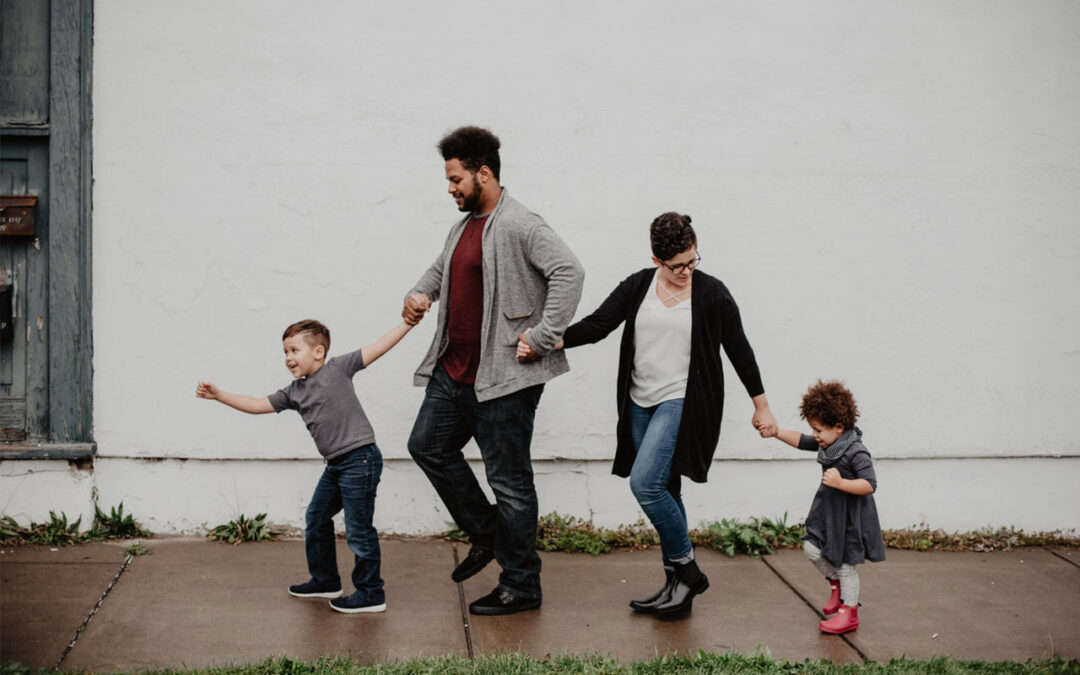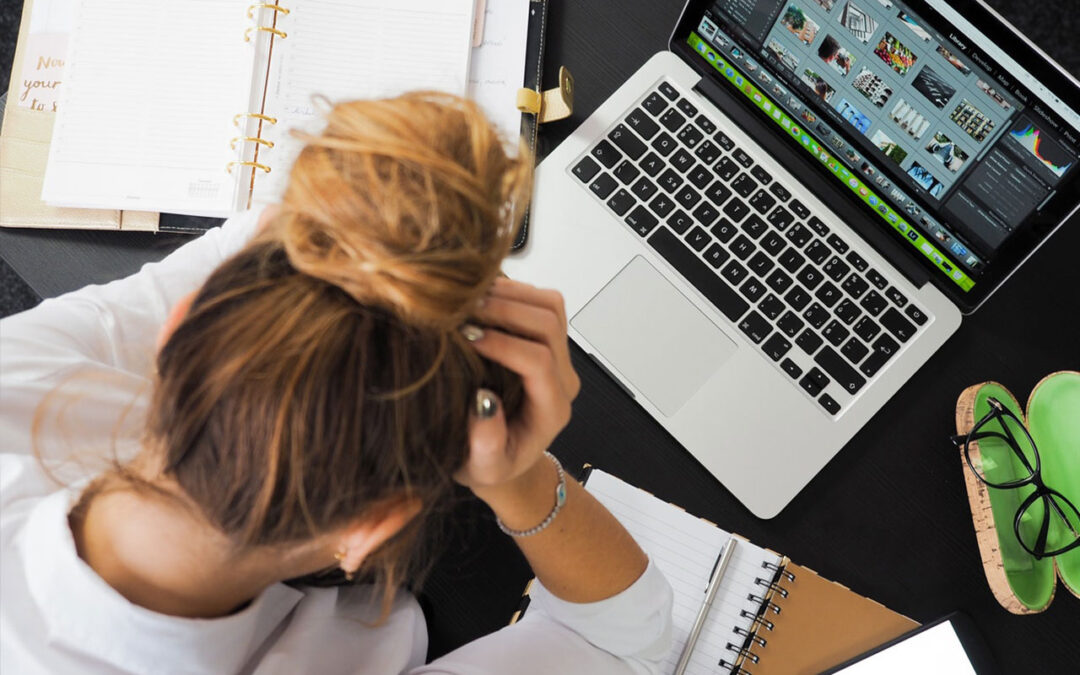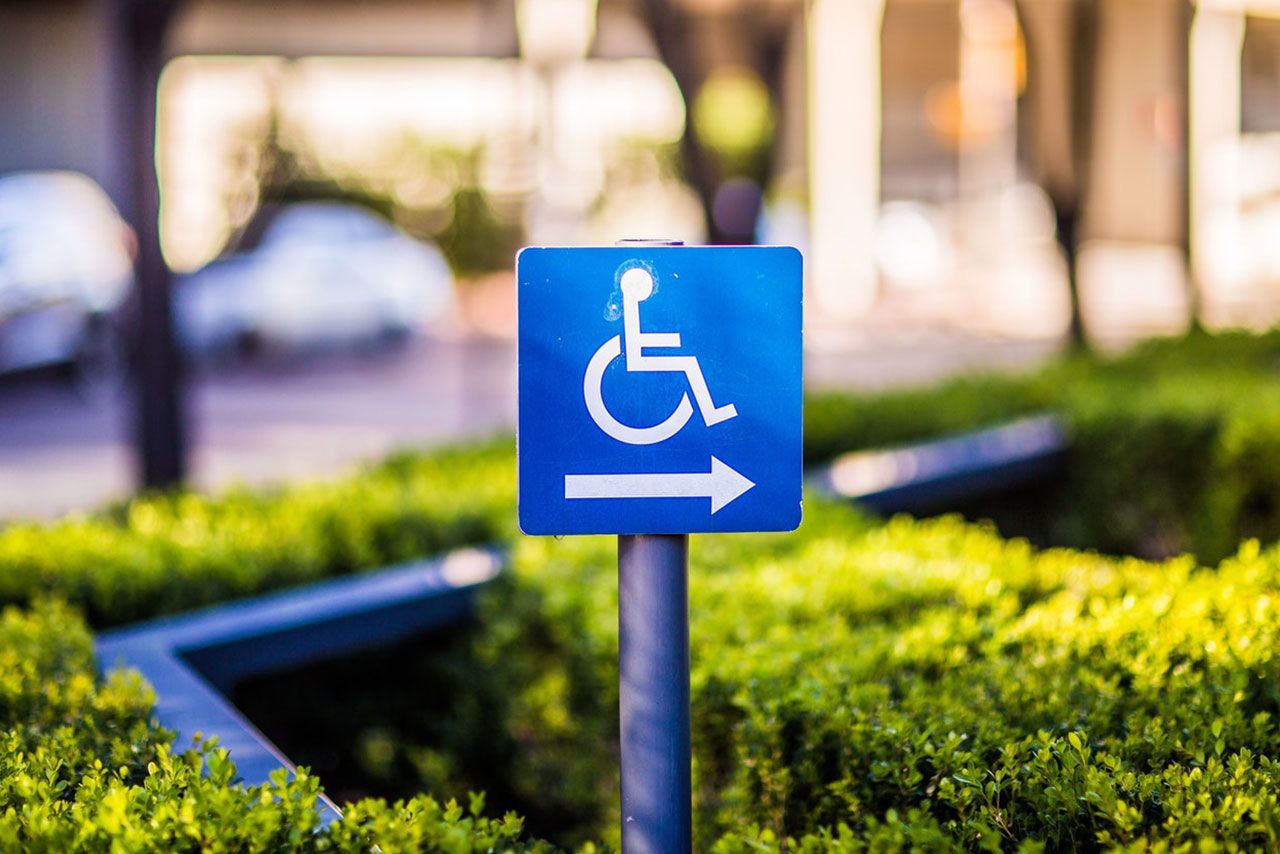Most articles will tell you that a little bit of stress can be good for your life, since it can help push you forward and improve your conditions. But largely, it’s something that we should hope to avoid. It’s not just that stress can compromise your enjoyment of your day, but that it brings with it a whole host of side effects that can make life positively miserable. These side effects can be both short-term and long-term. In this blog, we’re going to run through just what stress can do for your life.
Heighten Your Irritability
There are usually some warning signs that a person is feeling stressed. When you’re feeling well, the actions of other people won’t bother you too much. You’ll just let them go on with their thing, especially if they’re not doing anything that directly impacts you. But you might be very far from that attitude if you’re feeling stressed since you’ll likely be more irritable. Little things that you ordinarily wouldn’t notice will begin to bother you.
Dampen Your Happiness
It’s clear that if we’re going to get through life unscathed, then it’s important that we’re having fun and feeling happy. Alas, if you’re stressed, then getting to that stage might be difficult, if not impossible. If you’ve ever been through a super stressful experience, then you’ll know that the idea of having a good time was probably pretty far from your reality. If you’re in a mild stressful moment, then it can be worthwhile forcing yourself to put yourself in fun environments. It’s not about forgetting the position you’re in, and you shouldn’t force yourself to be happy. But you might find that just by being there, you’re able to relax a little and have fun.
Stress is often co-morbid with depression as well as anxiety disorders. As such, it’s important to make sure that you’re not trying to handle it alone and that you reach out for help when you need it. Finding a psychiatrist near you isn’t going to be the immediate fix you might hope for. However, it can give you the tools to manage your stress levels from day to day while getting to the root of the issue to offer long-term care, too.
Increased Tiredness
Stress can have a profound impact on the state of your body, and especially on your energy levels. You’ll be spending so much of your mental space thinking about what’s on your mind, then you’ll also be putting your body under stress too. And that means that energy can be hard to find. This is damaging because we usually need more energy when we’re stressed since we want to improve or change our circumstances. In that instance, it’s good to find other ways to give your body energy, such as running or taking cold showers (both of which can also reduce stress).
Lowered Immune System
Another way that stress impacts your body is through your immune system. It’s no secret that people that are experiencing stress are more likely to get ill than those who don’t. This is one of the key reasons why meditation can help to bolster your immune system. It’s good to relax! If you find that you’re getting ill frequently, then it’ll be important to look at your lifestyle and work on making it more relaxing. However, if that’s not possible for the time being, then at least make sure you’re boosting your immune system in other ways, such as by taking vitamin C tablets.
Hearing Problems
Many of us take our senses for granted. We just assume that they’ll always be with us! But of course, that’s not the case. They tend to deteriorate to various degrees as we age. But there are also things that can accelerate the process, such as stress. Stress is one of the more common causes of tinnitus. This is because stress can cause hypertension, which is linked to tinnitus. While there’s no cure for tinnitus, it is possible to reduce the severity of the condition by reducing stress.
Teeth Clenching
There are plenty of ways to keep your teeth in good condition, including learning how to relax! You’ll be able to influence how tightly your jaw is wound when you’re awake, but things become more difficult when you’re asleep. Teeth clenching and grinding can have a long-lasting impact since they’ll wear down the surface of your tooth. While you’re in the process of reducing the amount of stress in your life, it’s a good idea to invest in a mouthguard. This is a device you can wear while you sleep that helps to protect your teeth.
Disorganized Mind
We all know how much easier it is to get through the many responsibilities of life when we’re able to focus. But when you’re stressed, you might find that it’s much more difficult to focus. The tasks that you need to take care of can become much more difficult. And that’s a problem, on both a short-term and long-term basis. Meditation is very good for improving focus.
Substance Issues
There’s no avoiding the fact that stress is undesirable. And when we find ourselves in undesirable situations, our mission is to find ways to change our state. Alas, when you’re unable to focus, what you decide to do to change your state might end up doing more damage than you realize. Many people turn to alcohol as a way of coping with stress, but this should be avoided since it will only make the problem worse. Instead, try to overcome the desire to drown your sorrows and invest in healthier habits, such as exercise, yoga, and meditation. When you do those things, you won’t just be giving yourself useful skills that’ll have a long-term impact. You’ll actively be avoiding the thing — alcohol — that would make your experience worse.
Conclusion
OK, now we’ve run through all the things that stress can cause. The question is: is there anything that you can do about it? Happily, there is. When you’re in the middle of a stressful period, it’s important to, first, recognize what’s going on, and second, take steps to minimize the sensation. There are any number of things you can do to combat stress. For example, there’s meditation, running, spending a night engaging in self-care (reading, relaxing), and consciously trying to limit the stressful factors. It can feel like stress is just part of your life when it’s there, but there are always things you do to put it behind you!







